- - Why it’s done?
- - How Do I know if I am a Good Candidate for the Surgery?
- - Are there any Complications after Knee Replacement?
- - What to Expect after Surgery?
- - Turkey Luxury Clinics is your ideal destination!
If you've been struggling with severe knee pain and swelling, you might be wondering if knee replacement surgery could be a good option for you. If you've tried non-surgical treatments like medication and using walking supports and they haven't helped, you might want to think about having a total knee replacement. Joint replacement surgery is a safe and effective way to relieve pain, correct leg deformities, and help you get back to your normal routine.
While surgery can be a daunting prospect, for some individuals experiencing significant knee discomfort, a total knee replacement may offer a promising avenue towards an active lifestyle free from pain.
Why it’s done?
The most common reason for knee replacement surgery is to help ease the pain caused by arthritis. If you're one of the many people who need knee replacement surgery, you probably have a hard time walking, climbing stairs, and getting up out of chairs.
The great news is that if only one part of the knee is damaged, surgeons often can replace just that part. If the whole knee joint needs replacing, the ends of the thighbone and shinbone are gently reshaped and the whole joint is given a new surface.
The American Academy of Orthopedic Surgeons (AAOS) reports that knee replacement surgery is one of the most successful procedures in all of medicine. In fact, approximately 790,000 total knee replacements are performed annually in the United States.
How Do I know if I am a Good Candidate for the Surgery?
We know that making the decision to have knee replacement surgery is a big one. That's why we want to make sure you're as informed as possible before committing to it. The first step is to receive an orthopedic evaluation.
During your appointment, our team at Turkey Luxury Clinics will perform a physical examination, review your symptoms, and ask questions about your medical history. We'll also do some diagnostic imaging, including MRIs and X-rays, to get a better understanding of the condition of your knee.
Our team may recommend knee replacement surgery based on the results of your evaluation if:
- The pain you are experiencing is significant and limiting.
If you're experiencing pain that's limiting your mobility, causing issues when you're standing or walking, or requiring the use of a cane, these could be signs that you need to visit the doctor. Your doctor will probably try other treatments first, but if your knee pain keeps on hurting even after trying everything, they might suggest surgery as the best way forward.
- You have already tried other therapies
There are many reasons why your knee may hurt or become inflamed. One of the most common causes is osteoarthritis. Common treatments for knee pain and swelling include:
- Anti-inflammatory medications
- Joint injections with cortisone
- PRP therapy
- Physical therapy
- Lifestyle changes, such as exercising without straining and maintaining a healthy weight
It may be time for total knee replacement surgery if these conservative treatments do not provide relief.
- You don’t show any contraindicating conditions
Knee replacement surgery might not be the best course of action in case of the following:
- Knee sepsis
- Severe vascular disease
- Active infections
- Recurvatum deformity secondary to muscular weakness
- Your knee shows a form of structural damage
Imaging tests such as X-rays may potentially indicate significant structural damage to the knee joint. Such damage could be caused by a variety of factors, including osteoarthritis, rheumatoid arthritis, or other forms of degeneration. In some cases, severe joint damage may be an indication for knee replacement.
- Your health is in good conditions
As is the case with all surgeries, it is important to ensure that you are in overall good health and medically cleared for surgery. The pre-op exam is designed to assess your body's ability to tolerate surgical procedures, and it provides our medical professionals with an opportunity to make any necessary recommendations prior to surgery. This may involve adjusting or halting certain medications.
- You don’t smoke
It is worth noting that smoking can potentially have an impact on the healing process following any surgical procedure, including total knee replacement. It would seem that there is some evidence to suggest that quitting smoking before surgery may help to improve the success rate of knee replacement surgery.
Are there any Complications after Knee Replacement?
The complication rate following total knee replacement is lower than you might think. Fewer than 2% of patients experience serious complications like a knee joint infection.
It is even less common to experience significant medical issues such as a heart attack or stroke. There's a greater chance of complications with chronic illnesses. It's not common, but when these complications arise, they can prolong or limit full recovery.
Here are some of the main complications that may arise after surgery:
- Infection
- Blood clots
- Implant problems
- Continued pain
What to Expect after Surgery?
It is important for candidates to have realistic expectations regarding the outcomes of knee replacement surgery. While the surgery can significantly reduce pain and improve mobility, it may not fully restore the knee to its original condition.
A successful recovery following knee replacement surgery frequently hinges on a dedication to a post-surgical rehabilitation program. Candidates must demonstrate a willingness to actively engage in physical therapy and adhere to post-operative instructions.
Turkey Luxury Clinics is your ideal destination!
For most people, knee replacement is a total game-changer! It provides much-needed pain relief, improved mobility, and a better quality of life. And the best part? Most knee replacements can be expected to last at least 15 to 20 years!
Following a period of recuperation, it is possible to resume a number of low-impact activities, including walking, swimming, golf and cycling. However, it is advisable to refrain from higher-impact pursuits such as jogging and activities that involve contact or jumping.
Contact Turkey Luxury Clinics today to speak with our experienced orthopedic team. They will be happy to provide you with a consultation on your case and recommend the optimal solution.

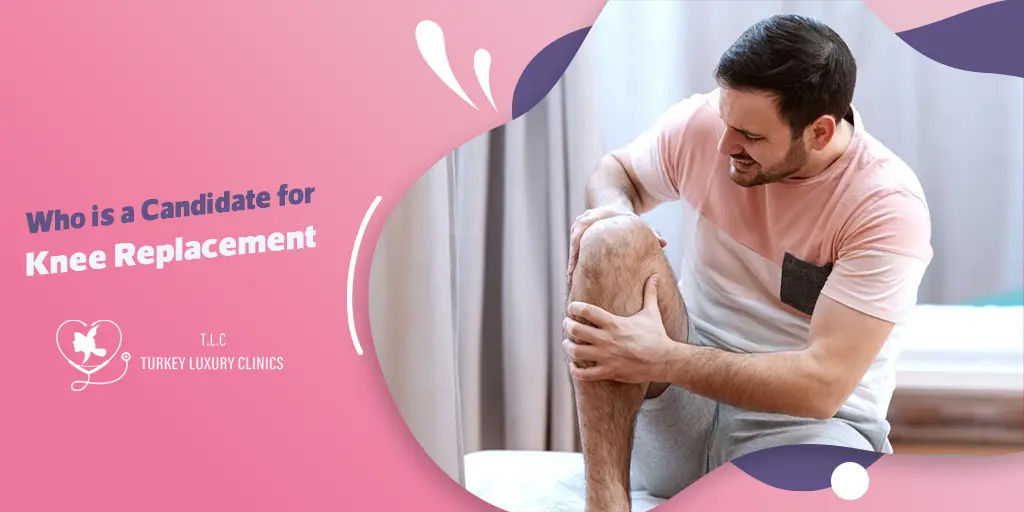


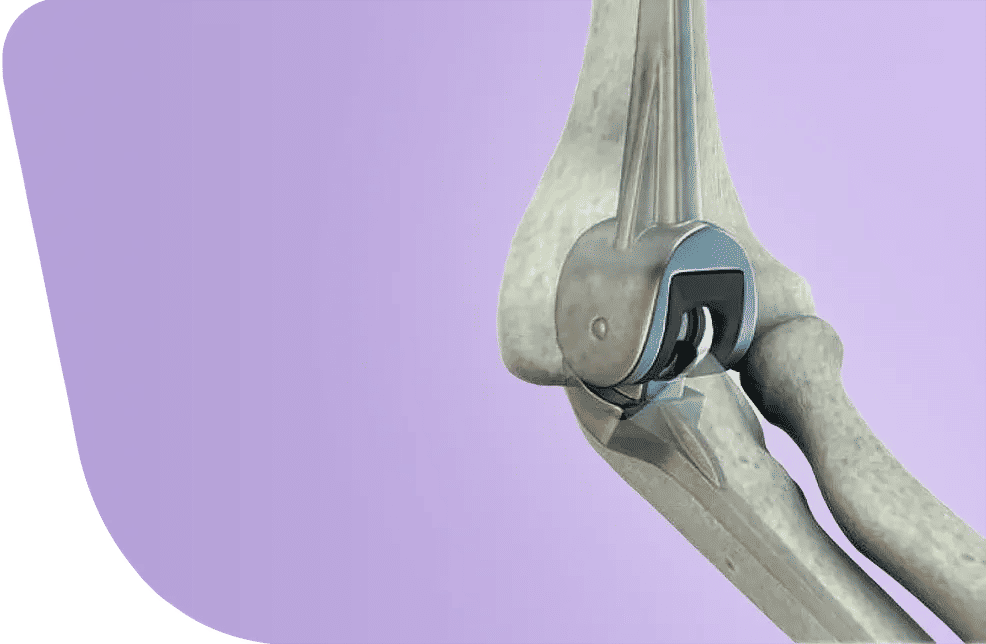

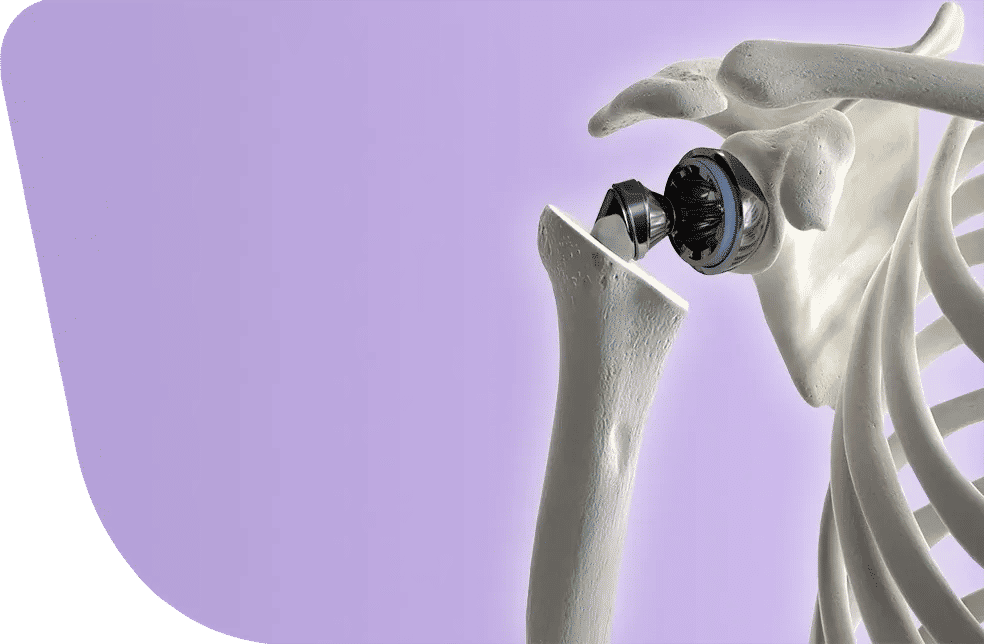
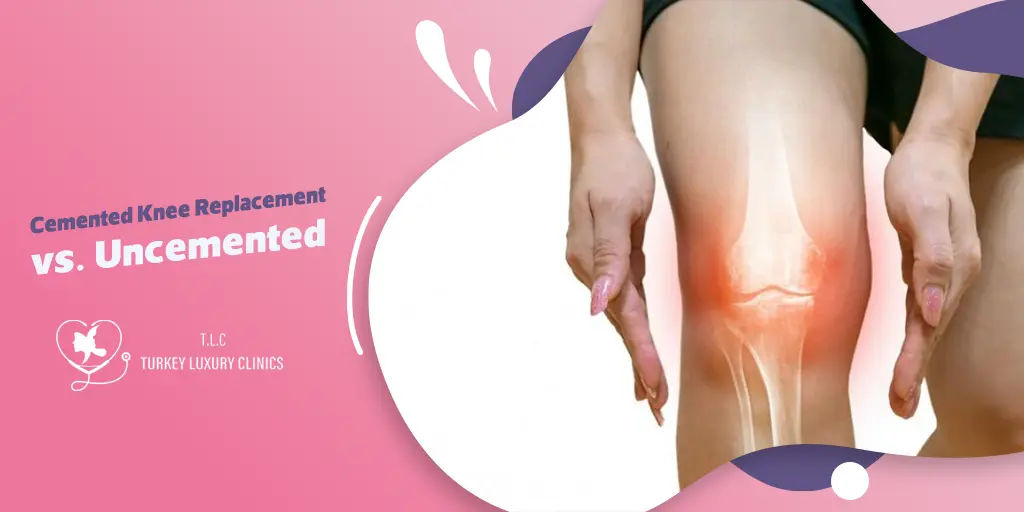
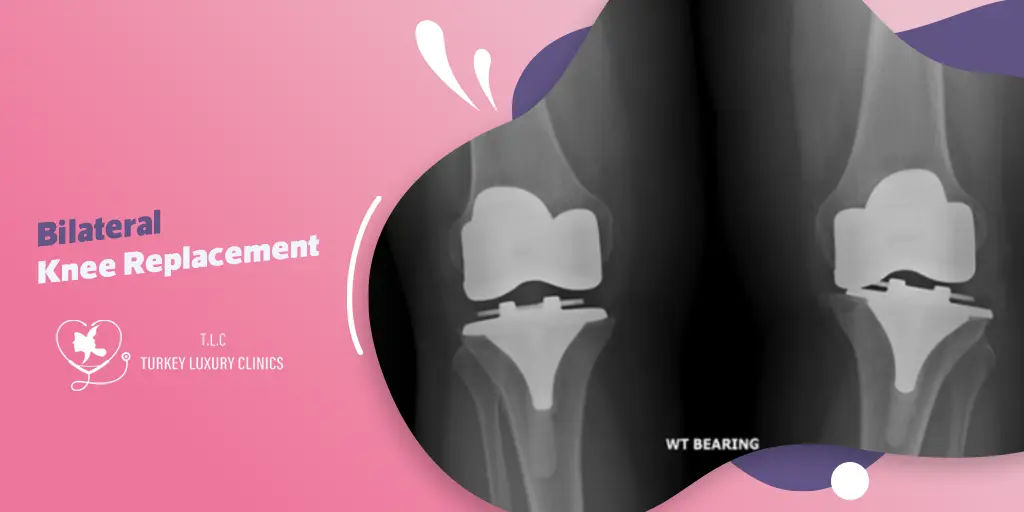
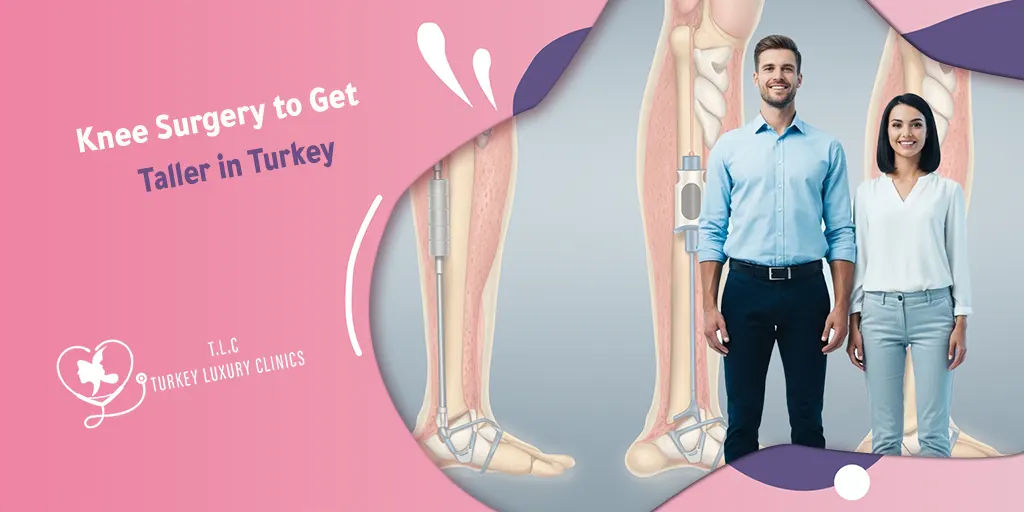




.webp)
.webp)
.webp)
.webp)

